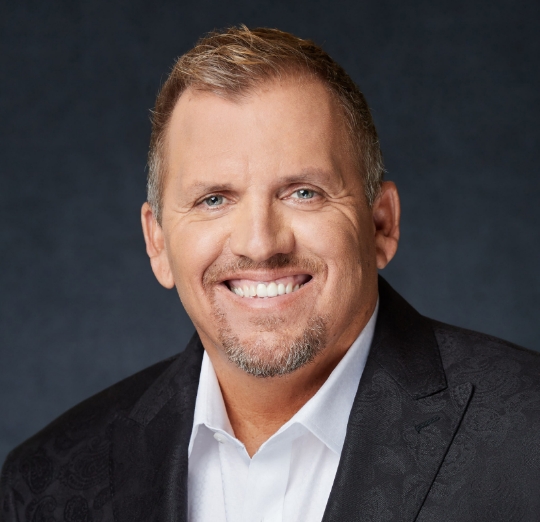 Even if you spent your working years being financially wise and building a strong financial foundation, retirement is a time to maintain that foundation, not sit back and let things go. Since taking financial shortcuts won’t get you where you want to be, implement some tried and true financial habits to get you one step closer to financial success and greater peace of mind.
Even if you spent your working years being financially wise and building a strong financial foundation, retirement is a time to maintain that foundation, not sit back and let things go. Since taking financial shortcuts won’t get you where you want to be, implement some tried and true financial habits to get you one step closer to financial success and greater peace of mind.
1. Live Within Your Means
If you want to preserve your wealth in retirement, you need to plan ahead for all your retirement expenses, then live within your means. While this may seem like obvious advice, for most Americans it’s a lesson they are preaching but not practicing. Only 55% of Americans are actually living within their means, according to a 2015 Pew Charitable Trust poll. Don’t spend your retirement years constantly questioning whether that next purchase is another step toward exhausting your savings. Living prudently means spending your money according to a plan.
Put a pen and paper to all the expenses you will incur in your retirement years. Think about your regular monthly expenses plus travel, gifts, and future large purchases such as cars and home renovation. After determining your expenses, the next step is to verify that you can spend your desired budget without depleting your savings. Work with your retirement strategist to help with these calculations. Perhaps you will need to tweak your budget and curb spending, or you might find that you can comfortably spend more than you thought! A solid plan will help you establish parameters for operating your household, understand if your goals are achievable in your desired timeframe, and even contribute to reducing stress in the event of an unexpected incident, such an illness or major market decline.
2. Set Big Goals Alongside Small Milestones
Don’t be afraid to dream big in retirement. What if you could take that trip that you’ve always dreamed of? Or leave a large sum to your grandchildren? Your retirement plan should provide for these goals and include steps to achieve them. Reevaluate your goal every year to ensure you’re on track and make adjustments as needed.
3. Be Money Conscious
Avoid settling when it comes to bills and service payments. Being money conscious doesn’t mean being stingy. It means you are aware of how hard you work for your money, are conscious of what things cost, and mindful of how your actions today will impact your future financial situation.
Once or twice a year, review your subscriptions, memberships, and recurring bills. You may find subscriptions to magazines you no longer read or memberships to services you don’t need. You’d be surprised at how much you can save every month by cutting down on recurring services.
4. Avoid High-Interest Debt
An important step in building and preserving your wealth is reducing your high-interest debt. Many of us face some form of debt like car payments or a mortgage. Make a list of all of your debts, including loans and credit cards. Note the interest rates and balance for each loan. As you look at your list, compare the interest rates and balances. If you have a loan with a significantly higher interest rate than the others, you may want to work on paying off that one sooner than the others. Or, if you’re feeling overwhelmed by debt, try paying off the loan with the smallest balance first, no matter the interest rate in order to gain some momentum. Along with paying off high-interest debt, avoid accumulating additional debt. Stick to a minimum number of credit cards and spend wisely according to your budget.
5. Seek The Guidance Of A Professional
In fitness, having a workout partner can boost your results. Having a partner holds you accountable and inspires you to push harder, even when the going gets tough. It’s easy to slack on adhering to your budget or slip up on following through on your goals when you don’t have someone holding you accountable. This is where a good financial professional comes into play.
An advisor not only helps you stay on track, but can also provide knowledgeable advice, tips, and answers to your greatest financial questions, including:
- How much do I need to retire?
- How much risk should I take?
- What should I do with my 401(k) plan when I retire?
- Can I be certain that I won’t run out of money in retirement?
An advisor can help you determine how to establish a strategy based on your specific needs and circumstances. Find a financial advisor you trust to help you stay on track and provide advice when you need it.
Get Started Now
While it takes patience and time, you can you can work toward your goals by following a few valuable financial habits. At Prostatis Financial, we want to help you make smart decisions about your money and achieve financial confidence. As a trusted partner on your journey to retirement, we make your financial success our priority. If you are looking for a partner to help you implement habits that will improve your finances, call us today at (410) 863-1040 or email askmike@thesavvyinvestortv.com.





























